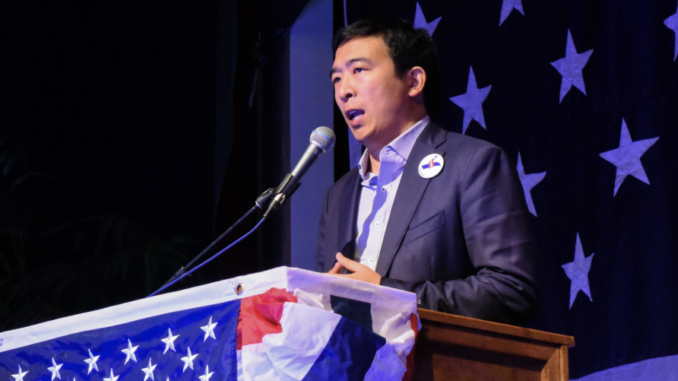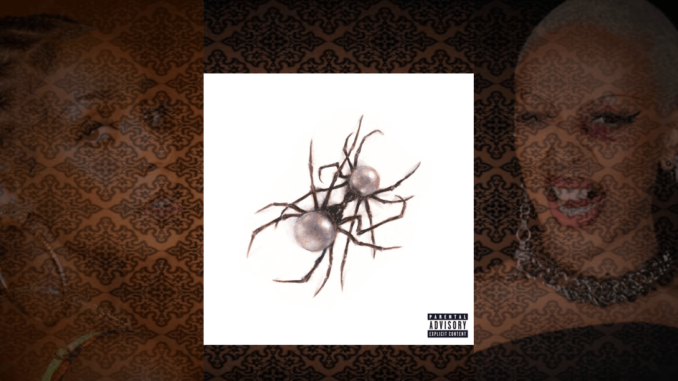
Democratic presidential candidate Andrew Yang has developed a plan to mitigate the spread of negative news and misinformation on the Internet by suggesting the regulation of algorithms on social media. Yang is tired of tech companies using algorithms that “push negative, polarizing, and false content to maximize engagement.”
His plan would coerce tech companies to work alongside government in ensuring that algorithms promote the spread of more positive and meaningful information. But, some critics think that this would censor content and infringe on the freedom of speech.
Section 230 of the Communications Decency Act protects websites that have third-party content from being the subject of a lawsuit based on the information the third-party posts, relieving the websites of liability.
The 2020 Democratic presidential nominee wants to modify the act so that social platforms are held more accountable for the information released to the public. Yang’s proposal to combat disinformation on the social platforms includes taxing digital ads to make it more challenging for misinformation and fake news to spread.
To protect citizens from social networks misusing their personal data, Yang proposes that users are given a percentage of the revenue gained by digital ads if users allow the platform to use their data.
Yang recognizes the value of companies such as Google, Apple, and Facebook, but doesn’t believe that antitrust is the way to manage tech companies.
“They’re making decisions on rights that government usually makes, like speech and safety,” Yang states. “Breaking up Google into five mini-Googles wouldn’t change much, as people don’t want to use the fourth best search engine…In order to regulate technology effectively, our government needs to understand it. It’s embarrassing to see the ignorance some members of Congress display when talking about technology.”
The social media industry is galvanizing a movement that is impacting the mental wellness of its users. U.S. citizens tend to spend nearly 7 hours a day on the Internet, according to the Next Web’s Digital 2019 report. The report reveals that most of the time spent on social media platforms is spent arguing or spreading false information, and usually the subjects are politics and religion.
Facebook was rated the most toxic platform on the WhoIsHosting.com survey. “Beyond the perfect vacation shots on Instagram or one liners on Twitter there’s a shadow side that’s far less widely discussed,” said Richard Kershaw, CEO of WhoIsHostingThis.com. “Our data reveals that 28% of Internet users have quit Facebook to escape negativity, 32% have deactivated Twitter, and 42% have left Snapchat. Of those not quitting altogether, many more choose to unfollow friends, and one in five employees admit to blocking co-workers on social media.”
It doesn’t help that the more outrageous the negativity the higher the status can climb. While Yang’s proposal interferes with freedom of Internet speech, something has to be done to control the industry known as the new wild, wild west.




I’m not that much of a online reader to be honest but
your sites really nice, keep it up! I’ll go
ahead and bookmark your website to come back
in the future. Cheers